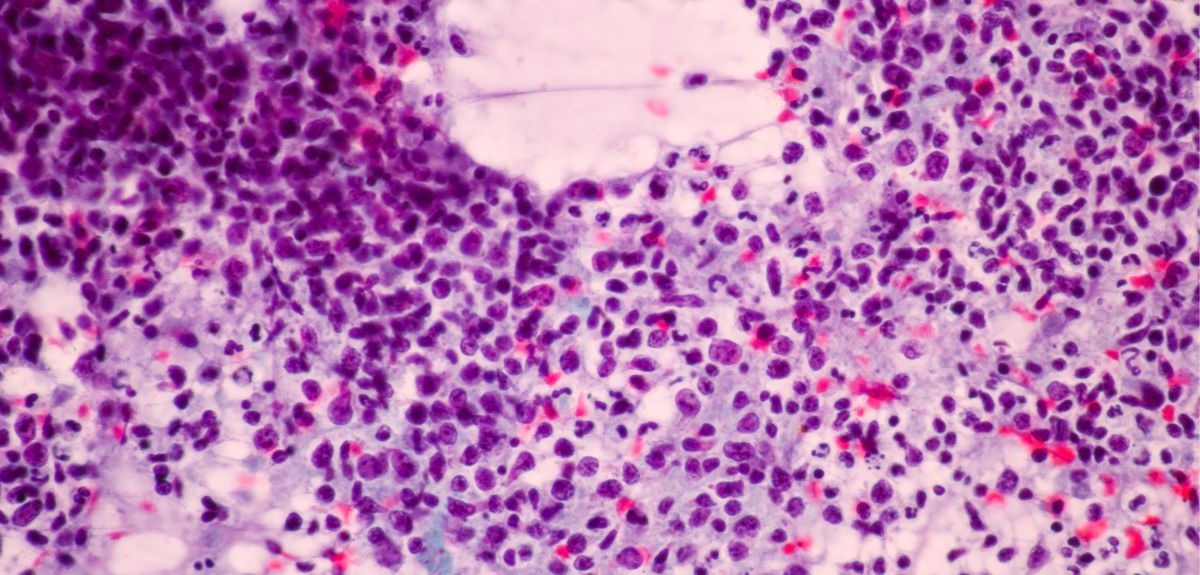
Image credit: Shutterstock
Building international partnerships to tackle disease
The fast pace of disease outbreaks and the regular emergence of new drug-resistant strains makes the development of vaccines increasingly important. Helen McShane, Professor of Vaccinology at the Nuffield Department of Medicine, explains the role of international research collaborations in the global fight against infectious diseases.
Developing new vaccines to protect against disease is a race against the clock. As scientists and clinicians around the world work to tackle outbreaks, the emergence of new drug-resistant strains makes the need for preventative vaccines all the more important.
As an example, TB is currently the leading cause of death by infectious disease worldwide, ranking above HIV/AIDS. In 2016, there were an estimated 10.4 million new cases of TB worldwide and 1.6 million deaths. In the same year there were 600,000 new cases with resistance to rifampicin (RRTB), the most effective first-line drug, of which 490 000 had multidrug-resistant TB (MDR-TB). Almost half (47%) of these cases were in India, China and the Russian Federation.
Vaccines are incredibly effective in combatting disease. Current childhood vaccines are estimated to prevent 2-3 million deaths per year worldwide, not to mention the countless lives that have been saved through the eradication of smallpox and the near eradication of polio.
However, the only current vaccine we have against TB is the BCG vaccine, which is almost a century old and only grants limited protection against the disease – especially in high-risk areas.
The World Health Organisation’s (WHO) End TB Strategy, adopted by all WHO member states in 2014, set a target of decreasing TB incidence by 80% and reducing TB deaths by 90% by 2030.
There is a stark gap between where we are and where we need to be, but working together significantly improves our chances of finding new vaccines and treatments. The ace up our sleeve in this ongoing battle is that there are thousands of researchers across the globe tackling the same problems from different angles simultaneously.
Our own team in Oxford, in partnership with the London School of Hygiene & Tropical Medicine, was recently awarded a £1.7million MRC/BBSRC GCRF grant to set up and lead an international network of researchers working towards vaccine development for TB, leishmaniasis, melioidosis and leprosy – called VALIDATE (vaccine development for complex intracellular neglected pathogens). The VALIDATE Network aims to accelerate this vaccine development as well as to encourage Continuing Professional Development and career progression amongst its members, particularly early career researchers and researchers from LMICs. We currently have 73 members from 37 institutes in 15 countries, but we are looking to grow the network considerably.
Creating an interactive community of researchers who are forming new cross-pathogen, cross-continent, cross-species and cross-discipline collaborations, generating new ideas, taking advantage of synergies and quickly disseminating lessons learned across the network, will help us to make significant progress towards vaccines against the focus pathogens.
This is just one of a number of international collaborations we’re involved with. Through the Medical Research Council’s Vaccine Networks researchers here at Oxford are linked to teams worldwide tackling diseases as broad as malaria, ebola, zika and plague. The UK Government Department of Health together with the MRC and BBSRC launched the UK Vaccine Network as a direct response to the recent ebola and zika outbreaks, which threatened to spread far more widely than they eventually did.
The development and manufacture of vaccines is one of the more complex and slow processes in biopharmaceuticals.
However, multiple vaccine development teams sharing their findings from clinical trials can speed the process up immensely. The UK Vaccine Network has developed a process map to support researchers through the key stages in vaccine development and to help them to identify where bottlenecks could potentially delay progress. Through use of this map, it is hoped that researchers can identify any potential delays well in advance and make plans to overcome them. This should help expedite and streamline vital vaccine development, ultimately enabling more lives to be saved.
Professor Helen McShane is Director of VALIDATE, and Dr Helen Fletcher at the London School of Hygiene & Tropical Medicine is Co-Director.